Your application will usually be decided within 6 months. It may take longer if it’s complicated, for example:
● your supporting documents need to be verified
● you need to attend more interviews
● your personal circumstances need to be checked, for example because you have a
criminal conviction or you’re currently being prosecuted
You’ll be given or refused permission to stay in one of the following ways.
Permission to stay as a refugee
You and your dependants may be given permission to stay in the UK for 5 years if you qualify for asylum. This is known as ‘leave to remain’.
After 5 years, you can apply to settle in the UK.
Permission to stay for humanitarian reasons
You may get permission to stay for humanitarian reasons if you don’t qualify for asylum.
This means you need to stay in the UK for your protection.
You and your dependants may be given permission to stay in the UK for 5 years. This is known as ‘leave to enter’ or ‘leave to remain’.
After 5 years, you can apply to settle in the UK.
Permission to stay for other reasons
You may get permission to stay for other reasons if you don’t qualify for permission to stay as a refugee or for humanitarian reasons.
How long you can stay will depend on your situation.
You may be able to apply to extend your stay or settle in the UK towards the end of your
stay.
No reason to stay
You’ll be asked to leave the UK if you don’t qualify for asylum and your caseworker decides there’s no other reason for you to stay.
You may be able to appeal against the decision.
You’ll have to leave if you don’t appeal in the time allowed, or if your appeal is unsuccessful. You can:
● leave by yourself – you can get help with returning home
● be forced to leave – you’ll get a letter before this happens, then you may be detained without warning at an immigration removal centre and then removed from the UK


